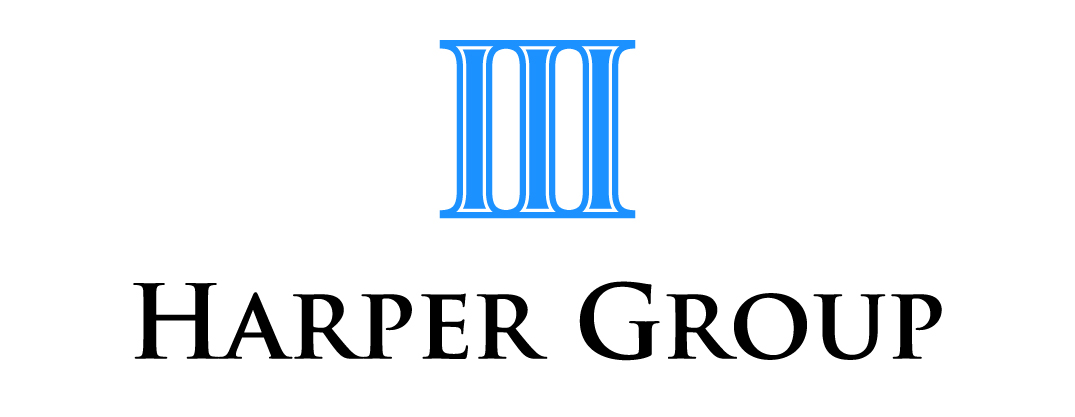SG amnesty bill passes both houses and is set to become law
The Treasury Laws Amendment (Recovering Unpaid Superannuation) Bill 2019 has been passed by the Senate without amendment and is set to become law. The bill contains measures that allow employers to make deductible payments, without penalties, of outstanding superannuation guarantee charge (SGC) amounts if:
· they relate to the period 1 July 1992 until 31 March 2018; and
· they are paid during the amnesty period (24 May 2018 until 6 months after the date of royal assent — not received at time of writing).
However, interest calculated at a rate of 10% a year on the SG shortfall will still apply to compensate employees for late payment.
The concessions provided by the amnesty include:
The SGC (comprised of the SG shortfall amounts, interest and the administration fee) will be deductible to the employer: Normally, payment of the SGC is non-deductible.
The administration fee (one of the three components of the SGC outlined above) will be waived: Normally, this is calculated at a rate of $20 per employee, per quarter.
No penalties will be applied for failing to lodge an SG statement: In usual circumstances this can be up to 200% of the SGC amount.
A further inventive to make payments during the amnesty period is that the minimum penalty applying to SGC for quarters covered by the amnesty (that is, undisclosed shortfalls during the period 1 July 1992 until 31 March 2018) will be 100% if they are later uncovered.
The Commissioner will not generally have the discretion to remit the penalty to below 100% of the SGC.
The SG amount will be automatically excluded from the calculation of the employee’s concessional contributions cap: This avoids a potential additional income tax liability for the employee as concessional contributions above the individual’s concessional contributions cap are included in the individual’s assessable income and assessed at their marginal tax rate.
The SG amount will be automatically excluded from the calculation of the employee’s “low tax contributed amounts” for the purposes of additional tax under Division 293 of the Income Tax Assessment Act 1997: This potentially avoids an additional 15% tax liability on superannuation contributions that is imposed when an individual’s income for Division 293 purposes exceeds the relevant threshold (currently $250,000).
Qualification criteria
Note that the benefits under the amnesty are only available if:
1. The Commissioner has not previously advised the employer that they are examining, or intending to examine, the employer’s compliance with SGC;
2. The SG shortfalls have not previously been disclosed to the Commissioner;
3. The information is disclosed to the Commissioner in the approved form;
4. The employer has not been disqualified from the beneficial treatment under the amnesty.
Harper Group Pty Ltd – Chartered Accountants Frankston - Ph 9770 1547
Disclaimer: All information provided in this article is of a general nature only and is not personal financial or investment advice. Also, changes in legislation may occur frequently. We recommend that our formal advice be obtained before acting on the basis of this information.
